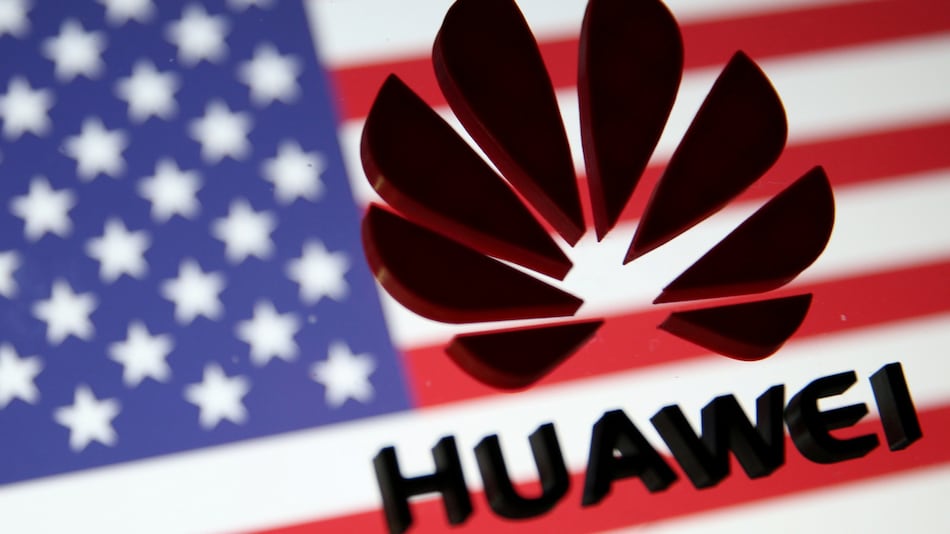Mark Mahaney and Amit Daryanani, tech analysts at RBC Capital Markets in San Francisco, sat down Friday morning with 10 newshounds to discuss the large issues from income reviews and to make predictions for what’s to come back. (See their scores below.)
There are nevertheless plenty of tech groups to announce results, but maximum are smaller. among netnames, Chegg reviews after Monday’s final bell, accompanied with the aid of GrubHub and Overstock.com on Tuesday, Zynga on Wednesday and TripAdvisor, TrueCar and Yelp on Thursday.
advertising
inRead invented via Teads
stocks of each of those companies have dropped inside the beyond 12 months. in the meantime of thefive tech giants — Alphabet, Amazon.com, Apple, fb and Microsoft — all besides for Apple have visiblestocks increase (although within the case of Microsoft, just a little).
That brings us to the first of our 5 takeaways from the RBC breakfast.
1) The wealthy have become richer
Or as Mahaney, RBC’s internet analyst, describes it: “you’re having a continued separation of the havesand have nots.” The leading net businesses are consolidating their control at the fee of smallercompetitors. whilst Google and facebook retain their steady boom in on-line advertising, Twitter isstruggling mightily to seize its proportion of spending and Yahoo is on its last legs.
Amazon is crushing eBay in e-commerce. and even excessive–increase businesses with bigmanufacturers like Yelp and Pandora have gotten pummeled by way of investors on persevered subjectthat the dominant organizations will crush them.
within digital advertising, Mahaney expects this dynamic to be magnified in 2016 due to the presidential elections. Of the $6 billion projected to be spent selling candidates, RBC predicts $1 billion will float online, with fb and Google grabbing the general public of the greenbacks and Twitter perhaps reaping rewardsas well.
2) AWS is even bigger than it seems
Amazon web services is flexing its muscle mass, and legacy hardware providers are feeling the ache. First-sector sales at the cloud-computing commercial enterprise surged sixty four percentage to $2.6 billion, and its operating margin accelerated to 28 percent from 17 percent a year earlier.
while corporations lease AWS services inside the cloud, it way they are buying a ways fewer servers and storage arrays, ensuing in less call for for physical bins. Daryanani, who covers hardware, says thisbig transfer, which Microsoft and Google also are pushing, could be very unfavorable to his universe ofcorporations.
“It has absolutely upended and flipped the models of IBM, EMC, NetApp and HPE (Hewlett Packardemployer),” Daryanani stated.
based totally on his discussions with carriers, AWS debts for 7 percentage of the records garagemarketplace, however while factoring in the cost savings of going to the cloud, it is capturing extra like 25 percent of the to be had commercial enterprise.



